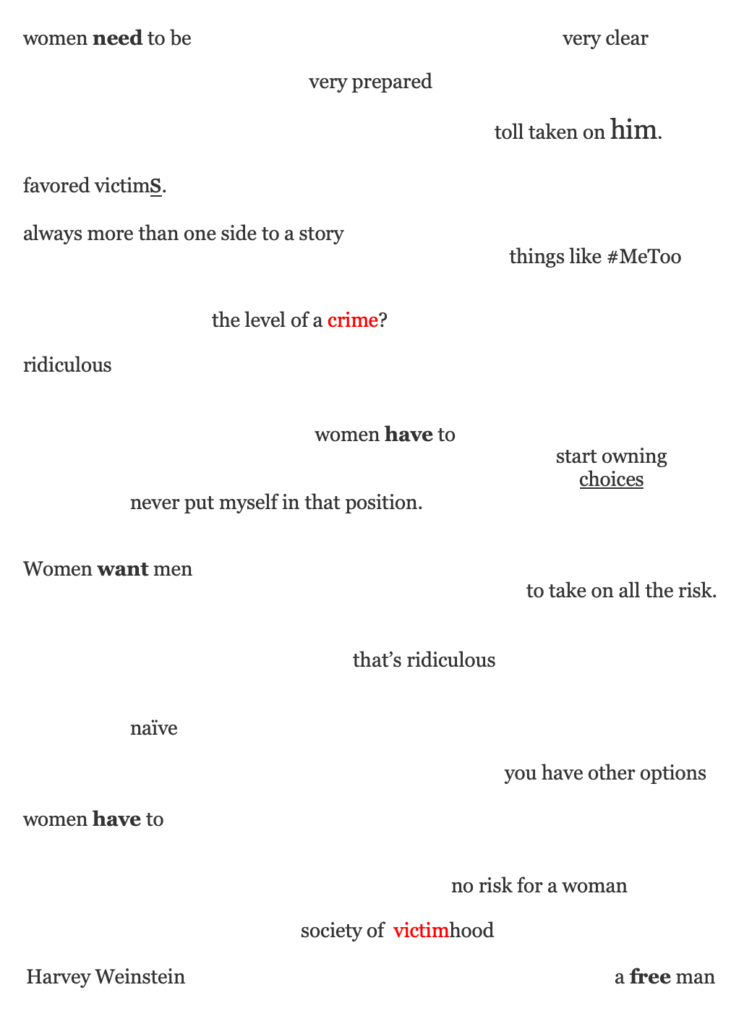Beneatha’s views are very different from the rest of the characters in “A Raisin in the Sun”, she has a progressive outlook on life and is considered a feminist protagonist because of this. When introduced to us in the text one description that stuck out was when Lorraine Hansberry explained Beneatha’s speech. It states that the way Beneatha talks is “…a mixture of many things; it is different from the rest of the family’s insofar as education has permeated her sense of English…” (Hansberry, 35). This stood out because right from her introduction her education has already made her different from the rest of the family which you could tell just from her speech. Her education has impacted her progressive views and has led her to figuring out what she wants to be in life which is a doctor. With her progressive views she also intends to stick to her roots which she fines to be a very important necessity in life. Her friend Asagai tells her that he would like to see her natural hair, but Beneatha says that it is too hard to handle natural. Asagai questions Beneatha’s view on her natural beauty and he says, “Assimilation is so popular in your country” (Hansberry, 63). After saying that Beneatha is upset because she doesn’t want to get lost in American culture and forget about where she comes from so from then on, she is very prominent on never assimilating. This is why her dream is to find her true self which includes not assimilating for a different culture. Beneatha’s progressive dreams of finding her true identity by being educated is challenged by generational differences and the assimilation surrounding her.
Beneatha decides to follow her dream of becoming a doctor by getting an education, but this also comes with ridicule from others who are from different generations. These generational boundaries are shown from characters like Mrs. Johnson who lives next door to the Younger’s. Mrs. Johnson who only comes in during Act II scene II has an interaction with Beneatha. She feels like Beneatha is blowing her off or being rude towards her even though Beneatha was just going to the bathroom which Mama argues. Mrs. Johnson then replies with this to Mama, “I know– but sometimes she act like ain’t got time to pass the time of day with nobody ain’t been to college. Oh– I ain’t criticizing her none. It’s just– you know how some of our young people gets when they get a little education”(Hansberry, 102). Mrs. Johnson is from a different generation so she feels like the younger generation who are getting an education think they are smarter than the older people. This also is probably a well-known way of thinking for the older generation since she says “…you know how some of our young people gets…”(Hansberry 102), meaning that Mama would understand where she is coming from. This affects Beneatha because due to these different opinions getting an education becomes a much harder process since she feels as though no one supports her. Since it seems that most people of the older generation have this perspective on the progressive idea of young people going to school, Beneatha’s dream of finishing her education and becoming a doctor can seem unattainable.
Another way Beneatha is trying to fulfill her dream of finding her place in the world is by staying true to her roots and not assimilating to American culture. After being educated by Asagai on how a lot of people who have come to America have assimilated to American culture Beneatha decides to embrace her culture. One of the first steps she takes in embracing her culture is deciding to leave her hair natural instead of straightening it. This stuns Ruth and George and they both react negatively towards Beneatha’s new hairstyle. Beneatha mentions that George doesn’t like it because he is assimilated to American culture and gives Ruth a definition of assimilation that is directed to George. Beneatha’s definition is that “It means someone who is willing to give up his own culture and submerge himself completely in the dominant, and in this case oppressive culture” (Hansberry, 81). In this Beneatha is trying to prove that George assimilating himself in American culture and forgetting his own is disgraceful. She emphasizes that the same culture he “submerges” himself in is the same culture that him and his ancestors have been oppressed in. Beneatha now after being educated wants to make sure that to achieve her dream of finding herself she will make sure to not assimilate to American culture.
Discussion Questions:
- Do you think that Beneatha does feel as though she is smarter than those without an education? Why or why not?
- Due to the play’s time period do you think that the Younger family will be able to achieve their dreams without assimilating to part of American culture?
Works Cited
Hansberry, Lorraine. A Raisin in the Sun. New York: Vintage, 1994. Print.


